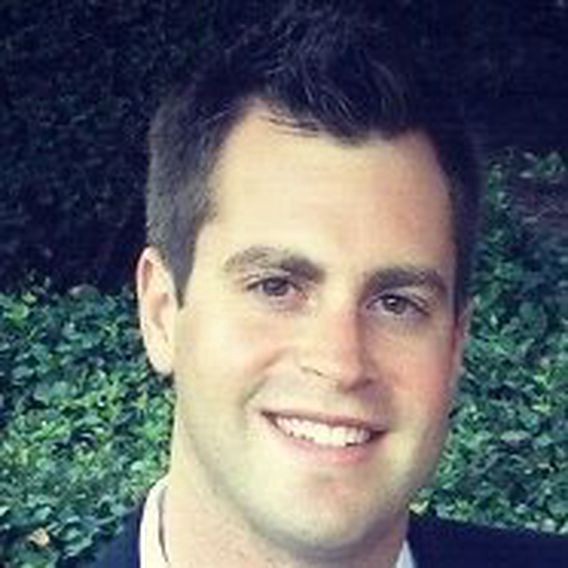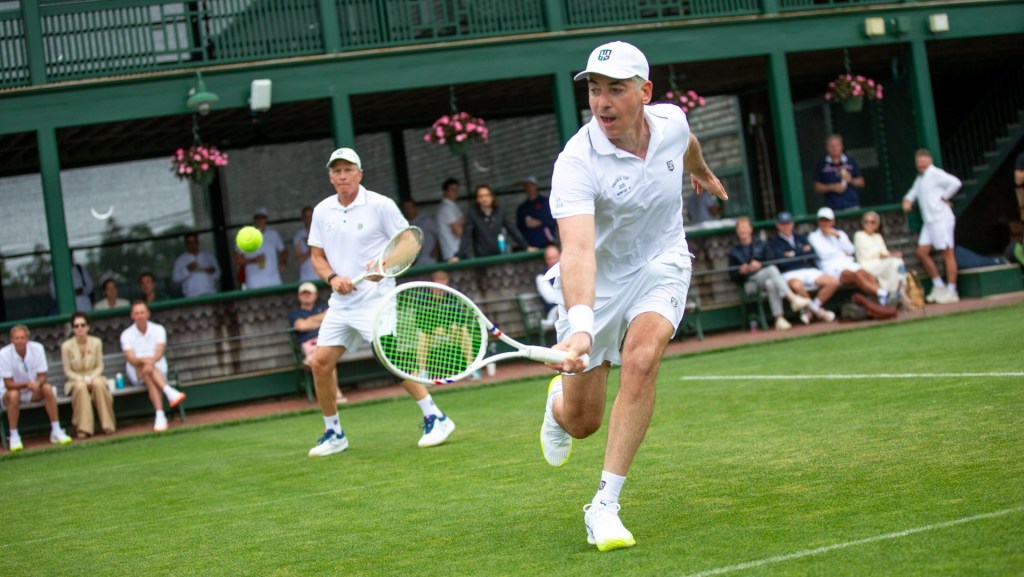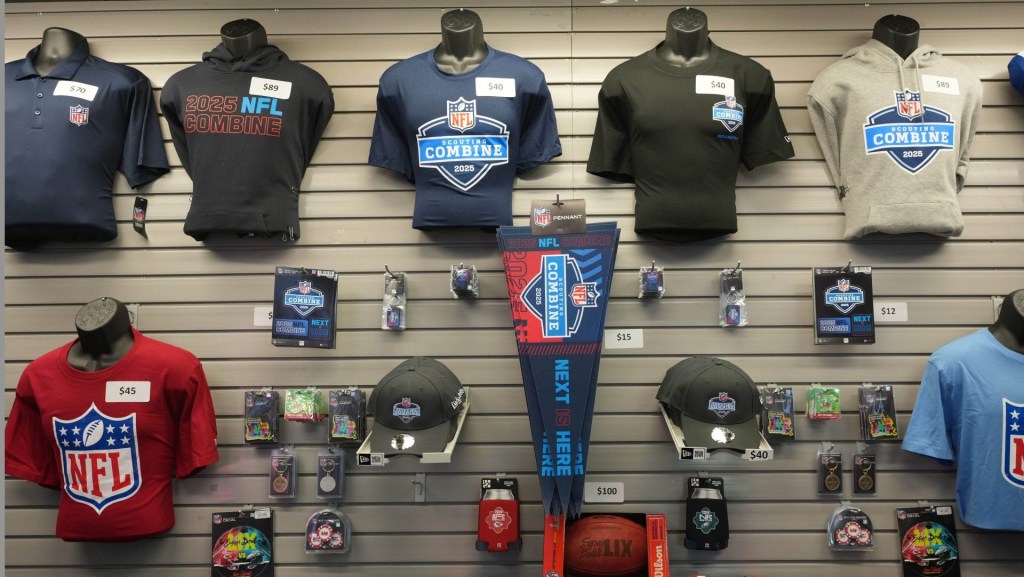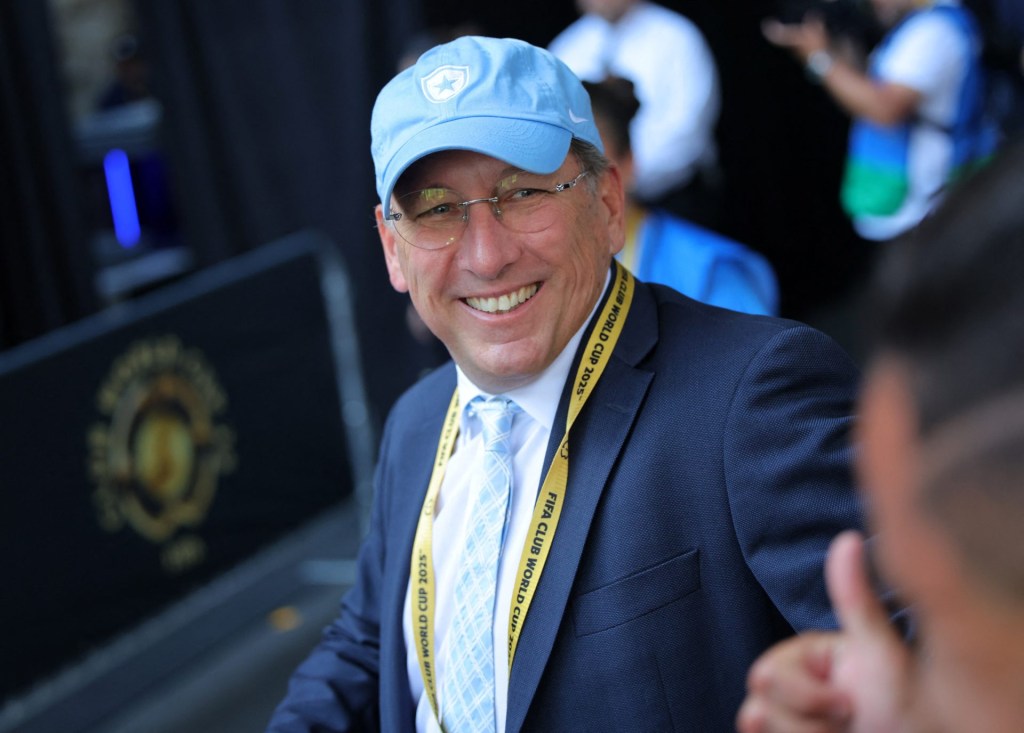By: Jason Stein, @JStein209

Front Office Sports is proud to have gotten the opportunity to speak with Brian Josephs, former Account Director for Repucom, an independent market research consultancy firm whose primary purpose is to provide clients with data and intelligence to maximize their commercial success. The company’s clientele includes many professional sports leagues and teams, including the NBA, NFL and NHL, and some of the largest brands across the world. Mr. Josephs was more then happy to offer up his time and insight into his journey throughout the sports industry, some of the challenges he faced, and his advice to those seeking opportunities in sports business.
How did you get started working in sports with Repucom, and how would you recommend aspiring sports business professionals to break into the industry?
“Originally when I was a student in college I did not want to work in sports. I wanted to work in marketing in a marketing strategy role for a large brand or agency. Sports had been a big part of my life up until that point and I was looking to branch out.”
Mr. Josephs described how he landed the position with Repucom and how it was a good example of the power of networking. He said, “The president of Repucom at the time was a guest speaker in my sports marketing strategy class, and it was the first time I had really encountered a company that resonated with me.” The light bulb went off for him when the president, “gave the sales pitch at the time and it just clicked!” They kept in touch over the course of Mr. Josephs’ senior year, and he ultimately was able to get a job with the company over the summer following graduation.
In closing, and while looking at others who are seeking opportunities in sports, Mr. Joseph’s revealed how, “aspiring sports professionals would be best served to keep their options open and develop skills in a specific functional area.” He continued to mention how, “what’s often lost with a lot of people, given the nature of the product, is that sports is still very much a business. It is important to develop skills whether it be for marketing, sales, finance, accounting… developing those skills and applying them to sports could be a great path for those looking to get in the industry.”
What challenges have you been faced with when initially starting in sports and then continuing to grow and progress through your career?
This sparked discussion on the challenge that many are dealing with relative to the continuous advancements being made in sports business. Mr. Josephs explained that, “the biggest challenge that I’ve seen is how rapidly the marketing industry is changing as a whole, and how difficult it is to keep up with the trends and changing behavior of fans, who are the target consumers for the brands investing in the space.” He noted how much has changed even during his five years at Repucom and stated that, “the conversations between properties and partners five years ago when I started, from a sponsorship strategy and needs standpoint, is dramatically different today.”
Mr. Josephs continued to elaborate on how, “the rate at which the industry’s changed, how content is consumed, the emergence of, not just social media, but online streaming and other channels, and is what’s really been challenging for both properties and brands.” He then went on briefly mentioning what its like supporting, “clients that we work with, who are actively trying to get their heads around it… but ultimately, everybody is learning on the fly and the changes happen so quickly, that it creates a significant challenge for both buyers and sellers of sponsorship.”
How do you monitor and keep up with the constantly evolving market in sports business, and how would you suggest others do so in order to be successful in the industry?
We both agreed that it is difficult to keep up with the constant changes, and Mr. Josephs’ first suggestion was to simply, “do your best to slow down!” He proceeded to look at social media as an example, “at first it was Facebook, then it was Twitter, and then Instagram and Snapchat, and now who knows what; and that rapid change can really make your head spin.”
To avoid being overwhelmed by these changes, Mr. Josephs suggested that you, “take a step back, look at the bigger picture, and look at each of those platforms as individual channels that can be leveraged as part of a broader strategy.” Taking this big picture overview and breaking it all down, he mentioned, can truly help in making this all, “start to appear less daunting… As long as you can stay centered on the message that you’re looking to deliver as a brand, I think you can be very successful in managing change and making sure that you’ve delivering a consistent message across whatever channel it might be.”
Mr. Josephs concluded on the topic by saying, “whether you’re buying or selling, you have primary goals and objectives, and as long as you stay focused on those, I think it will make keeping up with change a little bit easier.”
How important is it to develop a strong network and mentors to help guide and support you throughout your career?
“I think that more isn’t always better, where if you spread yourself a mile wide and an inch deep, or collect as many business cards as you possibly can. I think that’s missing the point,” Mr. Josephs was quick to proclaim.
We then continued to talk about how important it is to, “find a set group of people you can really build and develop relationships with. It’s very important, particularly within sports, where the industry is so small and everyone knows everybody else, and I think it’s critical to establish relationships that you can lean on and that you can go to with questions.” That said, Mr. Josephs mentioned this goes both ways and that in these relationships, “you are also keeping an eye out for people as well… it’s one thing to look for people to pour into you, but I think the focus must also be what value can you bring to other people to really make the exchange a two way street.”
“At the end the day, collecting a business card isn’t necessarily a connection, it’s just meeting someone.” Mr. Josephs stressed how valuable connections can be, but it really is up to you and, “it’s what you do to build and develop that relationship because, again just to emphasize, sports is such a small industry that everyone knows everyone, and the better you can be at building strong relationships, the better off you’ll be in your career. You never know whose path you’re going to cross or who might also be tied into your network via some of those connections.”
Are there any trends that you have noticed in sports business that could correlate into future opportunities for aspiring professional to keep an eye out for?
Mr. Josephs pointed to a recent event he attended, where he listened to a panel, “on E-Sports and online gaming,” which he admitted was an area he really, “knew very little about.” This panel was his, “first exposure to that space, but the data points and statistics behind the growth of this area is mind numbing!”
“I know video games don’t jump out as really a mainstream sport, but they are growing rapidly,” Mr. Josephs proclaimed. “The user adoption and how they’re building their businesses,” really stood out to him, making it an area to really keep your eyes on.
Another area that Mr. Josephs was enthusiastic about was, “non-traditional sports… things like Tough Mudder, Spartan runs, cross-fit… different things that are starting now or have started in the last couple years.”
Ultimately, Mr. Josephs again recommended that, “people just need to keep their options open, because there are a lot of opportunities around with new or otherwise unique sports properties that are really starting to grow, and grow rapidly.”
In a few words, how would you define the overall experience working in the sports business?
“Hard working is probably the first phrase that comes to mind,” Mr. Josephs initially thought of, but then added, “small and fun!”
“You have to work incredibly hard, given the competition, when the events take place, nights, weekends, etc… but like any other industry, you really have to bring it!”
He then moved on to emphasize once more how the industry is small and how, “there is a lot of overlap…people move around, and it is pretty amazing how small it is, and how every one knows everyone… it’s really is a tight knit community.”
Elaborating on fun, Mr. Josephs was quick to say that working in sports is fun but, ”with an asterisk, as it’s still very much a serious business.” That being said, the major difference comes from, “going to meetings for a sales pitch, for example, instead of going to an office building you’re going to arena. It’s a lot of work and it’s comparable to other industries, but a little more exciting, and I think that’s the reason why a lot of people that want to work in sports.”
Parting Thoughts?
“Have a very realistic self-evaluation of what your strengths are, what you’re good at, where you really can add value, and be able to articulate those in an interview or networking opportunity.”
We would like to thank Brian for his time and insight! You can connect with him on LinkedIn here!

















